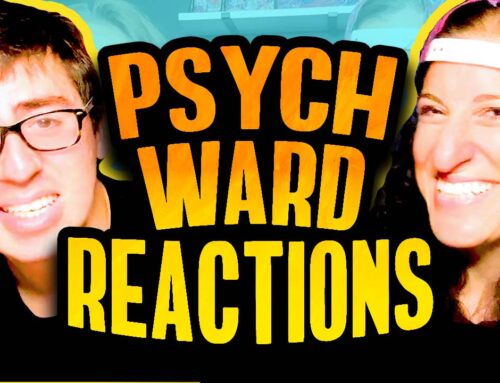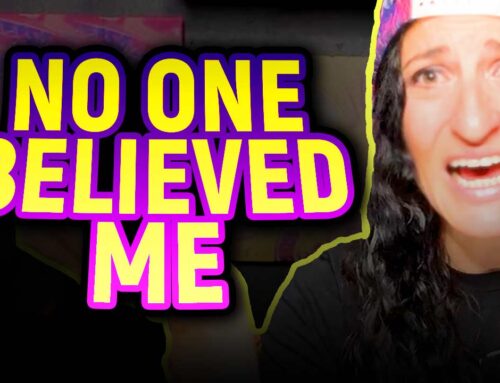Written by Taylor Nicole.
The quirky friend and the villain; these are the two stereotypes we commonly see in movies with characters who have a mental illness. Girls who have mental illness in romantic comedies are often seen as the Manic Pixie Dream Girl. Manic Pixie Dream Girls are quirky and fun. They’re often manic (thus the name) and spontaneous, yet host an internal rage and a need to be alone, often isolating themselves. She is unpredictable. The Manic Pixie Dream Girl is fleeting, is there for the main character’s development, and she exits when they’ve learned a valuable lesson. We even see this in male roles, usual as the best friend or sibling who is “lazy” but often up and down.
If someone in a film with a mental illness isn’t the unbalanced friend, they’re seen as the villain.
If someone in a film with a mental illness isn’t the unbalanced friend, they’re seen as the villain. The world has seen this recently in movies, such as Split, where the villain has dissociative identity disorder (DID) and kidnaps young women to please one of his alters. I’ll admit, I watched the movie despite the warnings. I thought maybe people were being overly sensitive. I was thoroughly disappointed, and felt ashamed of myself, being that I have the same diagnosis as the villain.
I was afraid of the stigma, based off what I’ve watched in films.
All these stereotypes are adding to the already heavy stigma of mental health. People believe what they watch in movies (sadly) and hold them as truths in the outside world. I’ll admit there’s even times I’ve fallen into the trap. This happens especially after watching a horror film of someone with mental illness. I’m ashamed of my own health, and neglect self-care, which makes my mental state much worse than it was before viewing the film. I even believe one of the reasons it took me so long to seek mental health treatment is because I was afraid of the stigma, based off what I’ve watched in films.
It’s time the mental health community had a superhero
.
We need a blockbuster, hit movie to change the face of mental illness. I want to see a film where a city’s hero struggles to get out of bed — not due to laziness, but because they’re so blinded by depression they can’t see the point. I want to see a movie character who has to face a villain in a crowded street, while dealing with social anxiety. I want a hero who is trying to focus but has attention-deficit disorder (ADD), or a character who is good hearted, but trying hard to stay present. I’m waiting for the movie that shows us as more than villains or quirky sidekicks. I’m waiting to see the film about the truth, but I want the character to be respected, and glorified.
I’d like a movie to reshape the way the world views us who struggle with mental health.
Part of me wants this to re-educate people, but a bigger part of me wants to watch a movie like this because I want a hero to look up to. Yes, we have a million advocates; celebrities, writers, spokespeople. I’d like to think I could be a mental health hero, too. However, I know as a young child I was inspired most by movies and television shows. I often looked up to princesses from Disney films or the adventurer movies; I even have a soft spot for superhero movies and horror films. Movies shaped me growing up. I’d like a movie to reshape the way the world views us who struggle with mental health.
Someday, I know there will be a movie where we’re the hero. Even if I have to write the screenplay myself.
Schizophrenic.NYC Mental Health Clothing Line Blog Post
Schizophrenic.NYC Mental Health Clothing Line Blog Post






